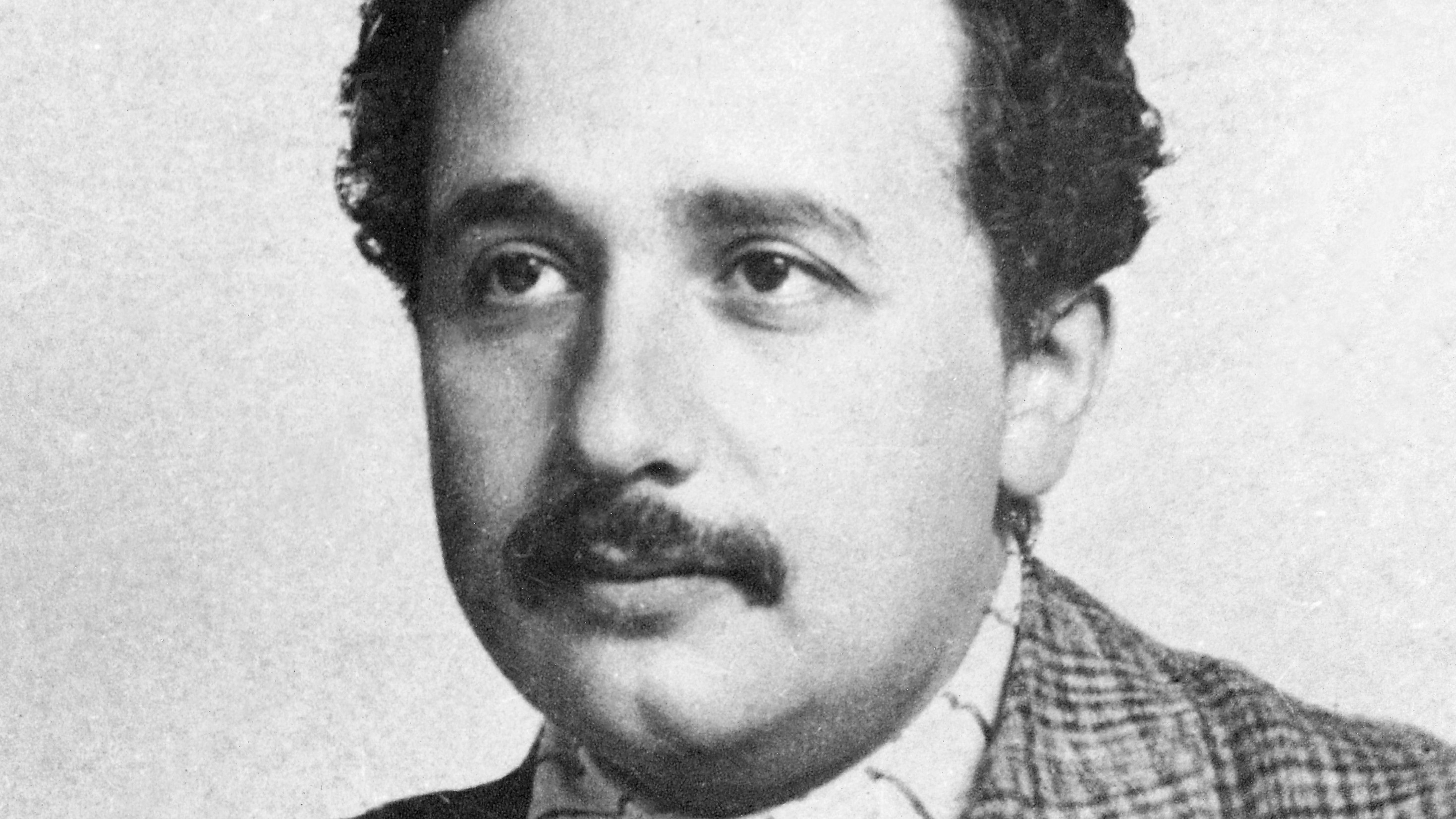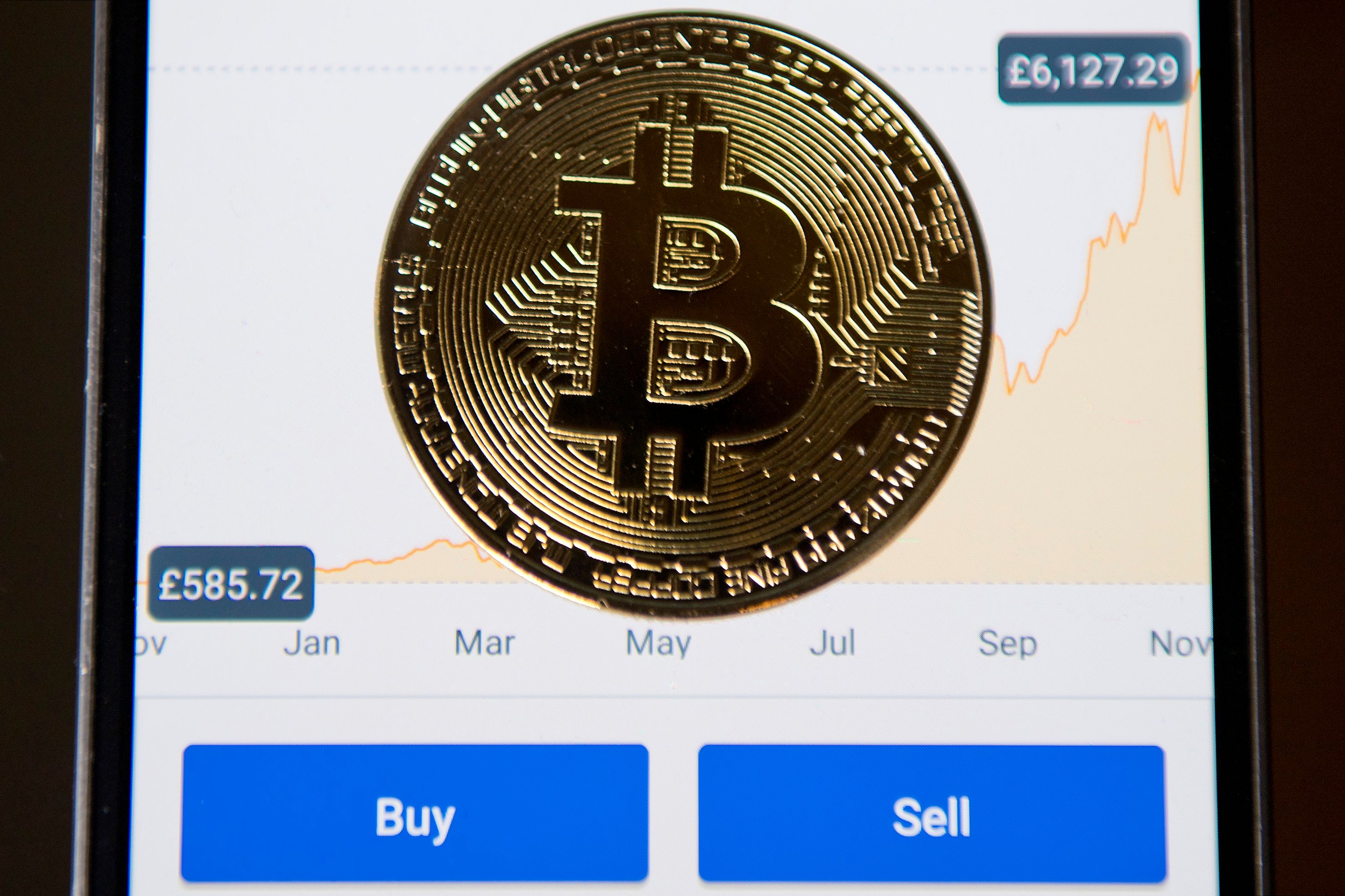Paul Ratner
Contributing Writer
Paul is a writer, filmmaker, and educator. He has written for years for Big Think and other outlets on transformative scientific research, history, and current events. His award-winning films like the true-life adventure "Moses on the Mesa" and the science documentary "The Caveman of Atomic City" have played at film festivals around the world. Paul also organizes numerous unique educational events, renowned film festivals, and competitions for thousands of people. He has degrees from Cornell University (BA) and Chapman University (MFA). You can follow Paul's work at paulratnerimagines.com, on Instagram, and Facebook.
Tesla’s all-electric semi-truck is getting some big first orders and government help.
How Nelson Mandela, quantum mechanics, and the Internet combined to provide evidence of parallel universes.
An international team of researchers claims to have found a major cause of dementia – an incurable brain disease.
A new study of the stone monuments on Easter Island reveals the mysteries of the ancient people who made them.
An MIT astronomer famously explained why aliens haven’t contacted us yet.
The controversy over whether Jesus had any siblings is reignited after an amazing new discovery of an ancient text.
A new study shows that teens who use bullying tactics have more sexual partners.
Did Elon Musk invent Bitcoin? The mystery surrounding the creator of the world’s most popular cryptocurrency deepens.
Here are some of the most impactful scientific achievements in a year full of discoveries.
A once-impossible new technique creates fusion energy with powerful lasers and without radioactive fuel.
Mathematicians argue in a new paper that the accelerating expansion of the universe can be explained without dark energy.
An experimental therapy successfully treats patients who hear voices in their head by having them create digital avatars of the audio hallucinations.
Elon Musk expresses some support for President Trump’s new space plans.
The cryptocurrency bitcoin has been surging in the stock market. How does bitcoin work and will its success last?
A 1947 U.N. resolution called for Jerusalem to be an international city.
A team of researchers reverses the arrow of time in quantum experiments.
The case of a 7-year-old Australian boy who was supposed to lose sight at two weeks old but can still see has stunned scientists.
Researchers create a new form of matter, first theorized 50 years ago.
UC Berkeley researchers create a robot that learns by playing and can predict the future of its actions.
A groundbreaking experiment proves a key tenet of Einstein’s theory of gravity.
A report on the effects of global automation highlights the dramatic changes over the next 13 years.
In 1922, Albert Einstein explained how to live a happy life to a bellboy in Tokyo.
Economist Joseph Stiglitz explains why surging cryptocurrency bitcoin should be banned.
A new study shows how access to medical marijuana significantly impacted the use of opioids by patients.
Researchers discover the cause of mystery earthquakes in Texas.
NYU scientists teach an artificial intelligence program to win at “Battleship” by asking questions.
The most influential contemporary scientists and their accomplishments.
Berkeley scientists develop a technology that uses smartphones to help treat an infectious illness.
An Irish Catholic priest thinks we should stop using the word “Christmas” and replace it with another word.
Physicists propose a new kind of space structure that can allow information to escape from black holes.





























